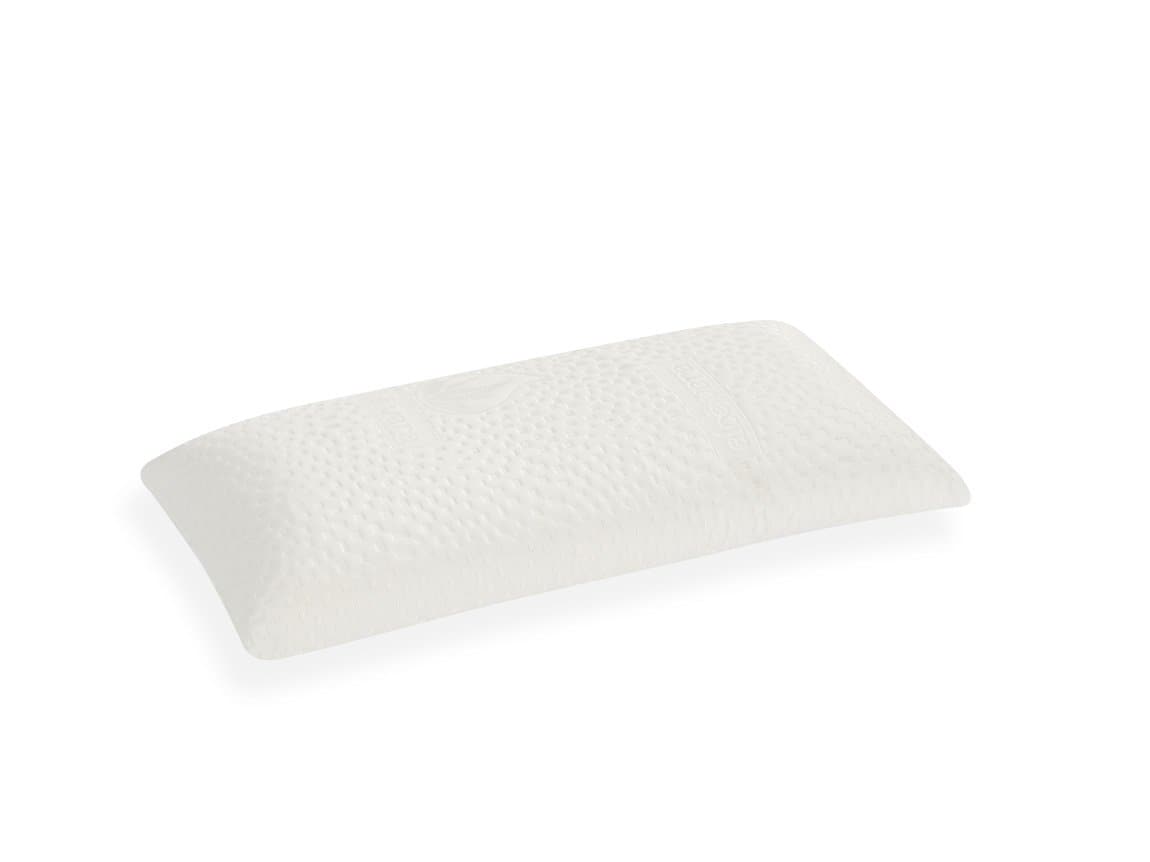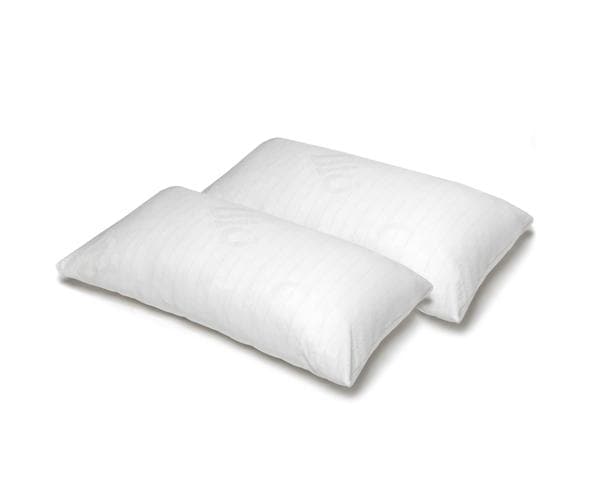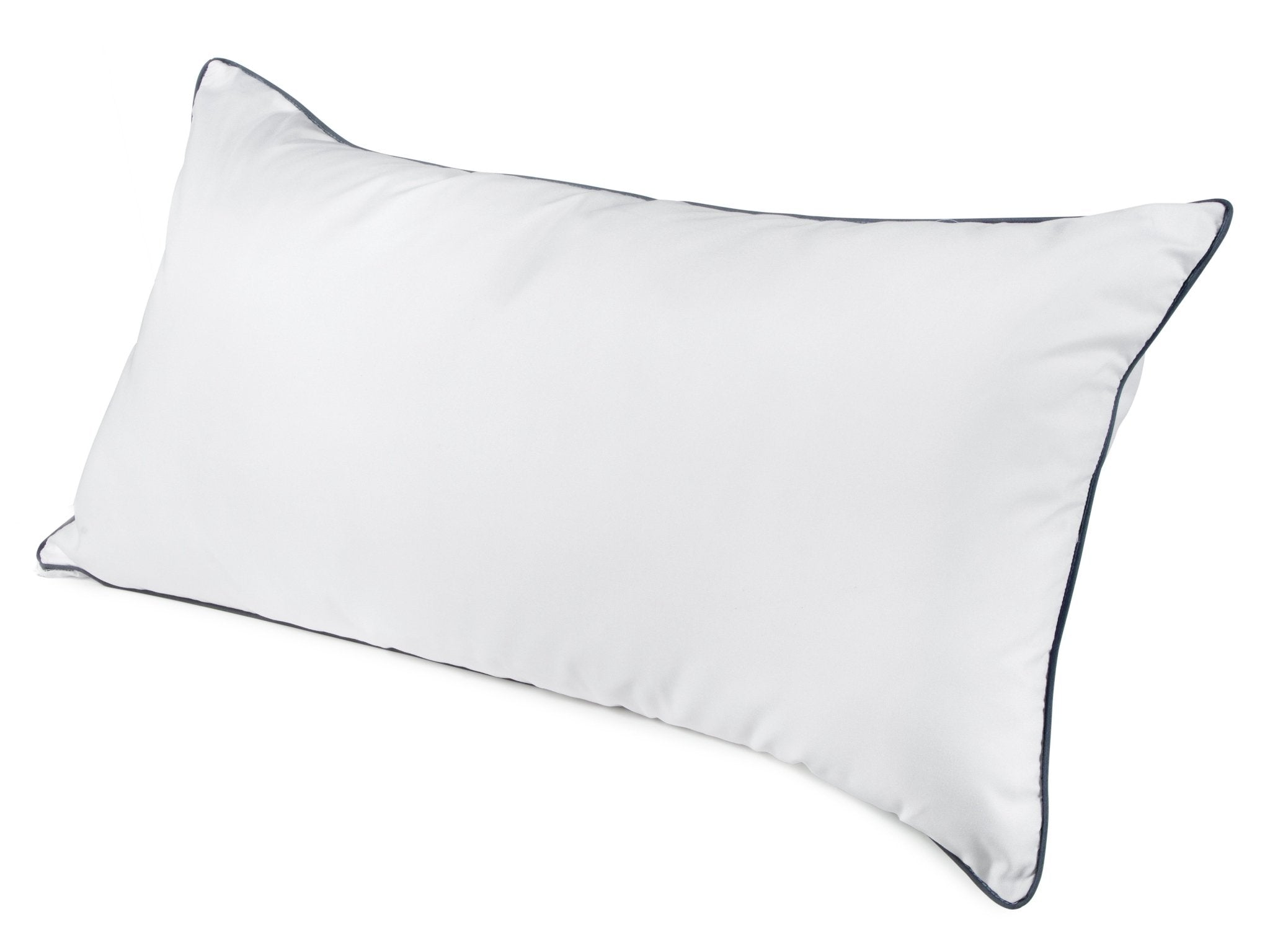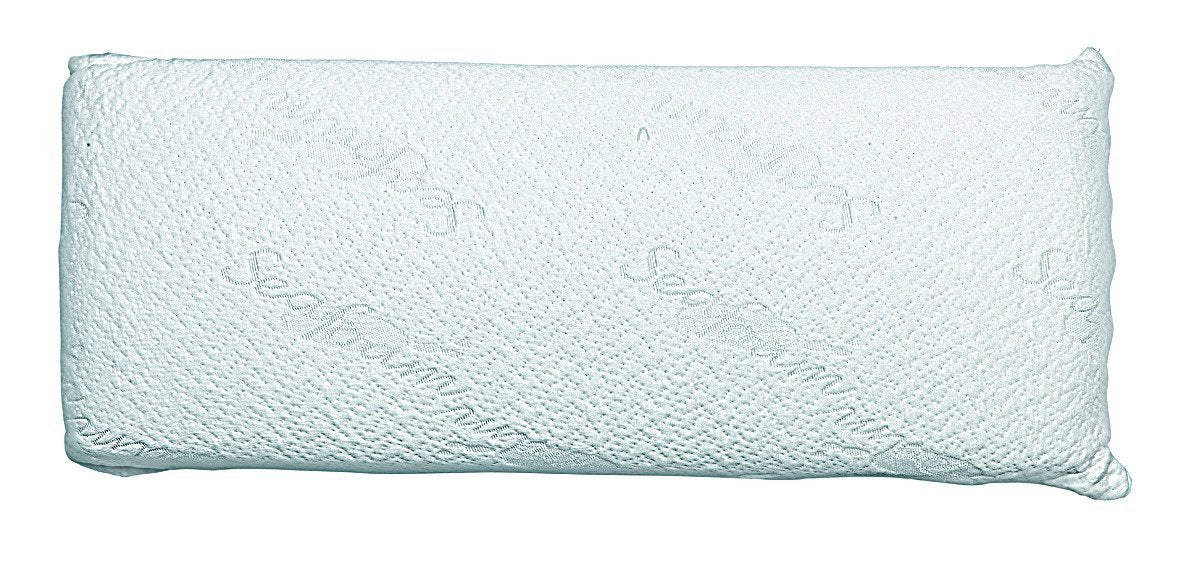
With the arrival of spring and good weather, brightly colored flowers, birdsong and temperatures come to us that make it appealing to spend more time outside than inside the house. But not everything is so beautiful. Along with the joy and the approaching arrival of summer, the biggest enemies of many appear again: allergies.
What are the most common allergies and their symptoms?
The most common allergies are usually those caused by pollen, especially in plants such as olive trees or Arizona plants. These are followed by reactions to mites and dust that accumulate in humid places and on fabrics, in addition to mold and environmental fungi that also appear with humidity.
The most common symptoms are nasal congestion, cough, dry throat, and skin irritation. /strong>. They also usually cause a decrease in energy, itching in the nose, eyes, throat and ears, as well as swelling of the eyelids. Some more severe allergies can cause other diseases such as asthma, rhinitis and conjunctivitis.
All these effects are aggravated by pollution, which makes some pollens more aggressive; due to climate change which reduces rainfall (so the air is not purified as often); and for the improvement in hygiene that has been coming since the last century, which helps to reduce exposure to these allergens and, therefore, our immune system responds less frequently to them.

How do I combat these allergies with home and natural remedies?
Before treating these symptoms with home remedies, we advise you to consult a doctor.
After tests confirm an allergy to certain elements, it is common sense to try to avoid those factors that cause allergic reactions.
However, if you have not yet undergone any type of medical test and you think that something may be causing you an allergy, it is recommended to do away with having plants at home that could be the source of discomfort and change your clothes. of bed and towels more often to avoid the accumulation of mites. It is also essential to change your clothes and wash them when you enter the house, especially if you have been in the countryside, eliminating any trace of possible allergens.
During 5 and 10 in the morning, try to not be in contact with the outside air too much: do not ventilate your room at those times and try to move your outdoor activities to the afternoon or after The rain. Keep the windows closed as much as possible so that no pollen can get in.
If you tend to have a dry throat or itchy eyes, try changing your cleaning products: many of them have a lot of chemicals that promote these reactions.
Try limiting tobacco consumption (as it aggravates respiratory symptoms), alcohol and coffee.
Enough with the limitations: let's see what you can do.
- For sore throat: gargling with warm salt water helps improve inflammation. You can also try infusions of horsetail, calendula or thyme accompanied by honey to improve dryness. In pharmacies, they also have honey candies that are very beneficial for these pains.
- Itching and nasal congestion: the same infusions mentioned in the previous point are also used to make nasal washes. This is very important to eliminate any traces of pollen that may have remained and to decongest.
- Stinging eyes: your best friend will be saline solution. Not only does it serve to decongest the nasal passages (like any other saline solution), but you can also apply a few drops to the eyes to relieve itching.
Take care of your diet. During spring, and especially during the peak season of allergies, it is essential to consume vegetables and fruits rich in vitamins C, B and E, as well as antioxidants . These minerals can also be found in nuts. Yogurts are a good option to consume probiotics.





